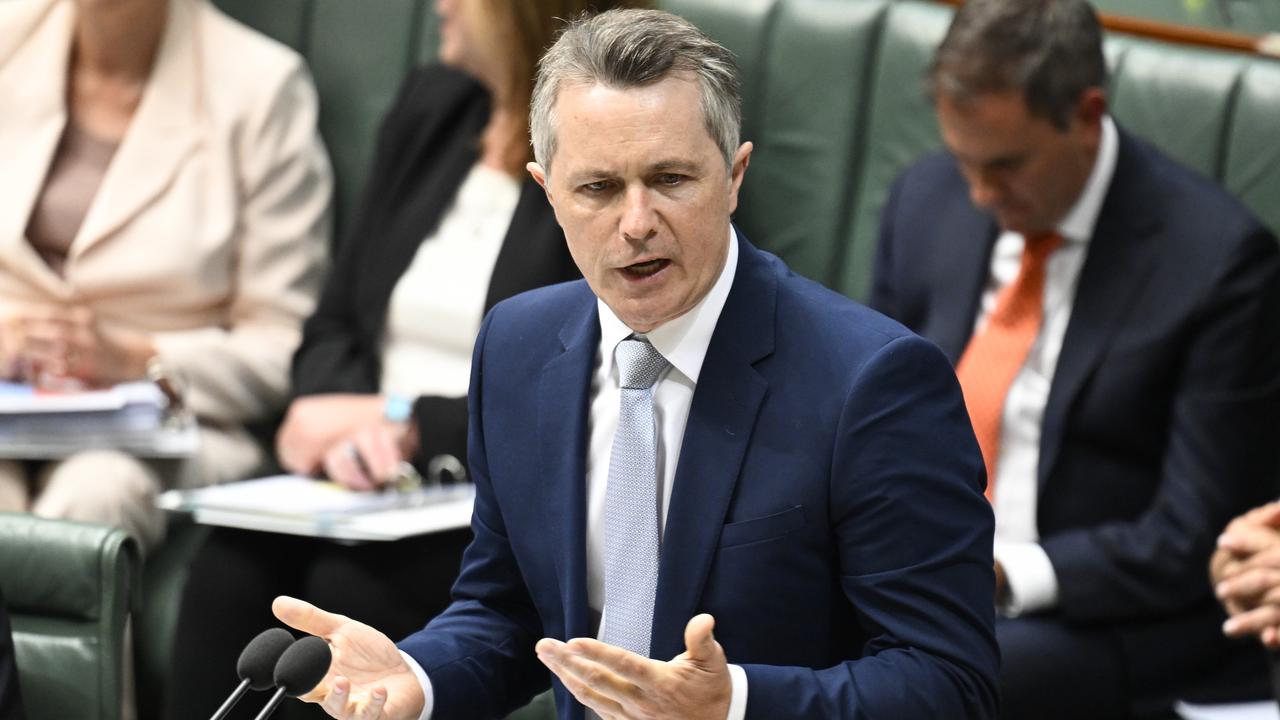What kind of society switches off the lives of its poorest people?
There is something morally wrong when a widower cannot pay an electricity bill in a nation that once boasted the cheapest power in the Western world but now delivers the most expensive, despite the $30 billion taxpayers have invested in renewables.
This is a person who has never asked for favours, and in many cases does not nominate for access to hardship programs — but their children may come home to a house without power. The hardship program, even if you can wait to get on it, does not write off the bill. It assumes you can afford the payment plan. If you do not pay it’s listed as a bad debt on your credit record. This may haunt you for years.
For the family there is the humiliation and hardship that you live in a house without a fridge, without an electric stove, without a washing machine, without a toaster. No television, no hot water, no electric lights.
On the ABC’s Insiders last Sunday, political journalist Malcolm Farr scoffed about “electricity as a human rights issue”. We have become so cynical about the most vulnerable. They are an acceptable casualty in our quest to “do our part” to cool the planet, even though our action achieves nothing away from worship of parliament’s boarding-school zeitgeist.
Labor has shown complete ignorance of the almost 128,000 households that have been disconnected and those living in poverty as a result. It now says their car is politically incorrect and must be electric to be charged from a source they don’t have, with money they don’t have. Labor has arrived at the inner-suburban wealth of the 2020s while leaving the roots and compassion of its heritage far behind. Instead it complies with the edicts of Australia’s wealthiest constituency, the Greens.
Where do a great number of those who cannot afford power live? They live in the left-behind towns and villages that orbit our major regional centres. They live in a humble house and have made the decision that groceries trump power bills. They live where there is no public transport and a second-hand car is the only transport from home to town, where the store, doctor or chemist is.
Why is Australia so blind to this national disgrace? Why is the Labor Party so beholden to a stratum of society that is so removed from the leaden monkey that sits on the back of those at the bottom of the social stack?
In the regional towns on the back of drought and a new world of internet purchases, small business can no longer afford the power bill, nor can services or small industry, and big businesses are forced to take their production overseas.
Electricity is the food stock of the standard of living and the effects of exorbitant prices compound in regional areas and undermine any chance of relief in the cost of living.
I do not believe coal is a holy rock that will save humanity, but it is the source of power for so many in our Southeast Asian region who face a similar dilemma of power costs. Many confront it with our coal that travels in giant trains that snake through the towns and villages where our people live in a poverty of unaffordable electricity. Those who live without power or who cannot afford today’s prices cannot wait for promises of cheaper, renewable power. To them it is a cruel hoax. Theories are debunked by their reality.
People who cannot pay their power bills now, and who remember paying more affordable power prices in the past, are understandably cynical about the renewable power plan. We export uranium, which becomes acceptable only after it has crossed oceans on its way to power stations in other countries. Nuclear power with zero carbon emissions — isn’t this what we want? Market exploitation of those who cannot pay their power bills remains as Labor and others did not support divestiture powers that could have been used to threaten major power companies into fair conduct towards customers. State poles-and-wire costs are exorbitant.
Even talking about the issue of power is proscribed. It will break the “truce”. But what truce is there for the person living in privation? Why would you settle to stay in the misery you are in? What truce is there if their standard of living is being placed beyond their capacity to pay for it? Relaying the truth of the situation of those who cannot pay their power bill will come at a price of rebuke by those who believe all reference to the nation’s biggest income earner is anathema. Who represents those without power when this is the Greens’ agenda and Labor relies on the Greens? Who represents them when inner suburbs have the idle income to cover increased power prices and renewable subsidies to install solar panels on their own inner-city house?
The Nationals are the only hope in fighting if not for common sense, then at least for justice.
Barnaby Joyce is the member for New England.


